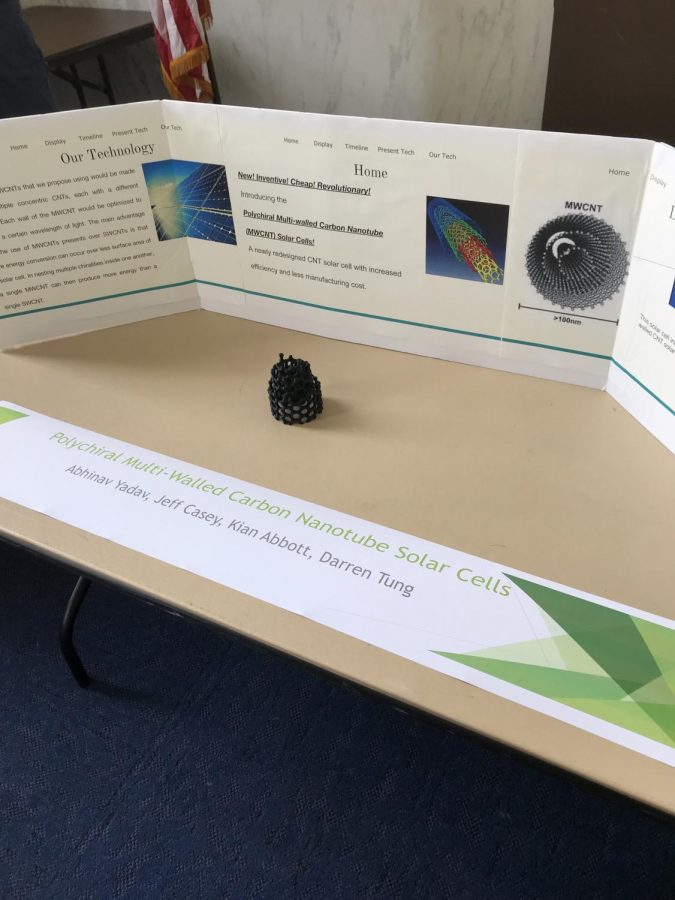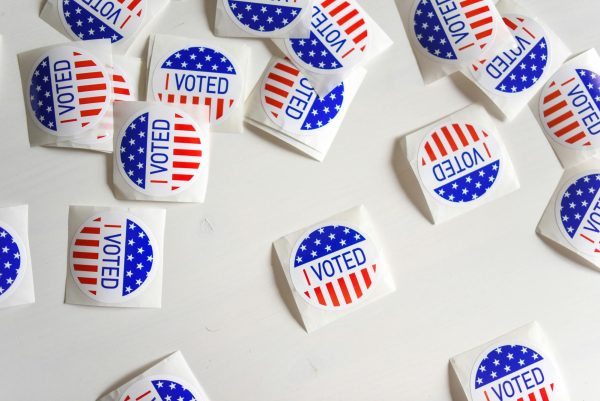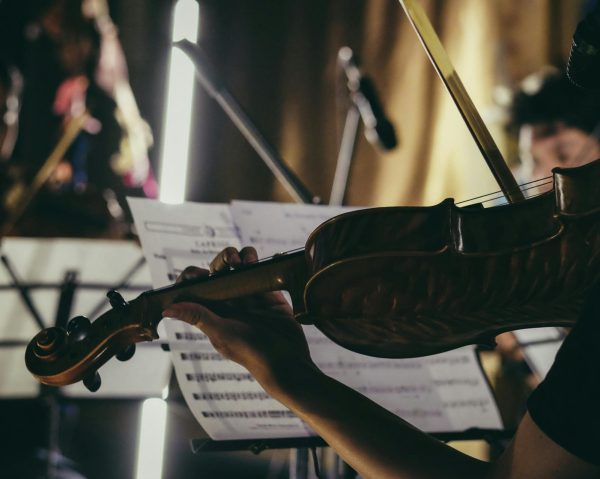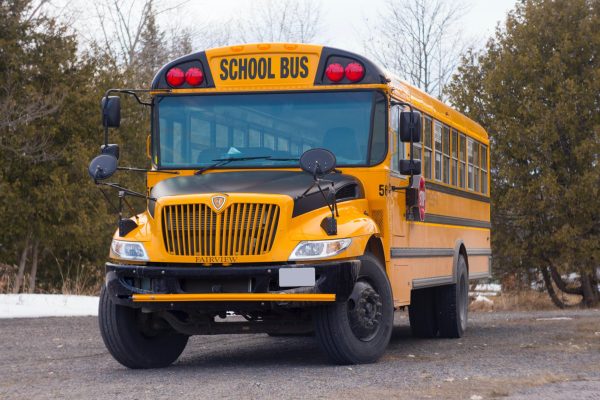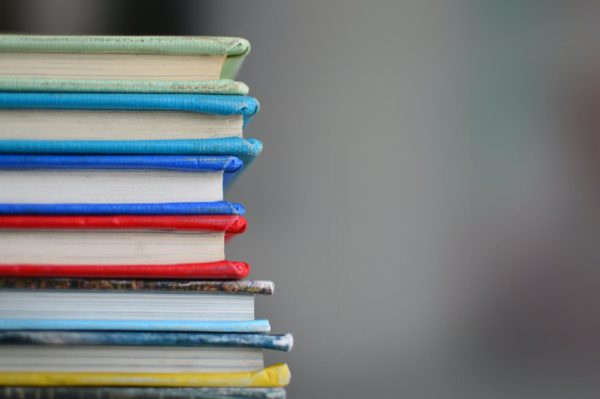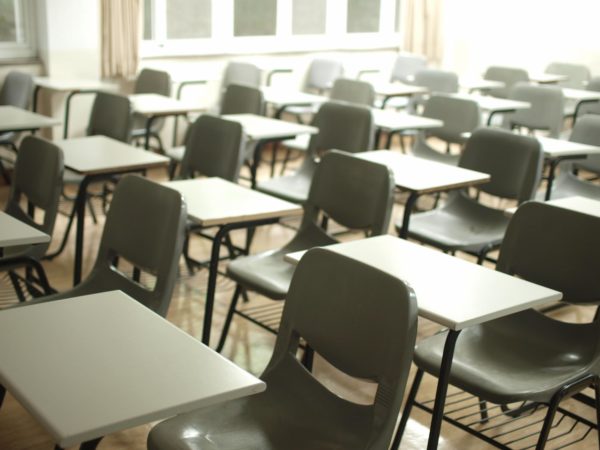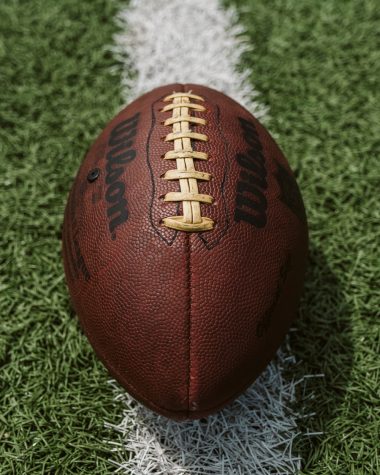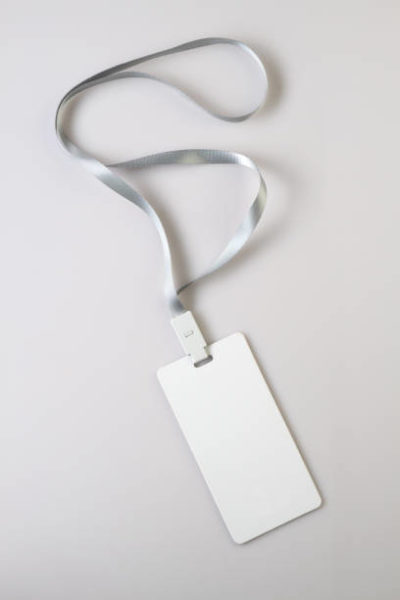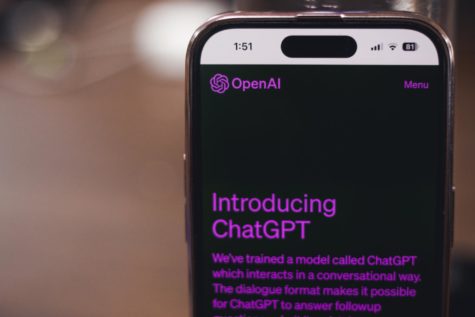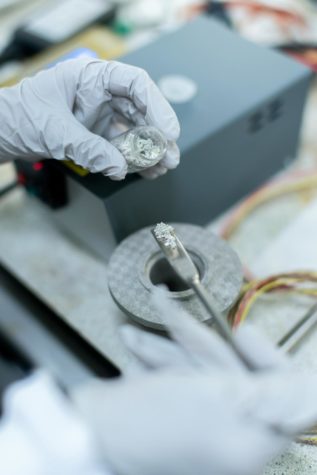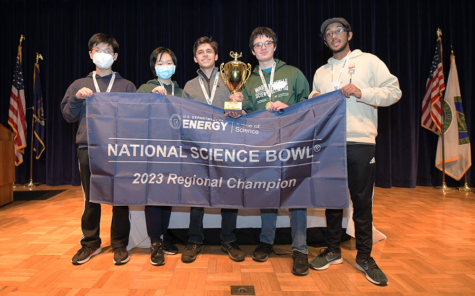InSTAR Students Compete in the Toshiba ExploraVision Contest
February 27, 2020
Last Friday, juniors in Ward Melville’s InSTAR research program finalized their submissions to the Toshiba ExploraVision competition. A nationally recognized STEM contest, ExploraVision has students design future technologies to tackle pressing global concerns such as climate change, chronic disease, and pollution. Working in groups of two to four, the InSTAR students researched and designed their projects over months and submitted a paper summarizing their technology.
“ExploraVision was an eye-opening experience since it provided an opportunity to research anything that interested me,” said student Allen Hu. Along with three of his peers, Hu’s team proposed using a specialized virus to modify the A. flavus fungus to rid the organism of a harmful toxin, Aflatoxin B1. With the removal of the toxin, A. flavus could be used as a natural remediator to clean up dangerous oil spills that threaten a vast group of marine animals.
Environmental sustainability was a major theme of this year’s ExploraVision submissions. Junior Brooke Diamond’s group of four students designed microscopic capsules that capture carbon dioxide from industrial smokestacks using specialized ionic liquids, a technology that could vastly decrease global carbon emissions.
“ExploraVision is an especially interesting competition because basically they’re asking you to create an idea that’s just practical enough while still being impractical,” says Diamond. “It’s a good way to think into the future about the problems facing us globally.”
ExploraVision is no newcomer to Ward Melville’s research students. In 2018, juniors Kian Abbot, Jeff Casey, Darren Tung, and Abhinav Yadav earned first place at the national level for their project, Polychiral Multi-Walled Carbon Nanotube Solar Cells. The students were invited to Washington DC to meet prominent members of the scientific community and discuss their work. “[ExploraVision] forged a lasting connection between the group,” says Casey. We got to meet tons of people in DC, some of whom were at the forefront of their fields in materials sciences.”
As the students submit their papers, they anticipate the competition results eagerly. Ward Melville teams compete amongst each other and other schools for the regional championship. The six regional champions will then enter the race for the national championship. “The research kids compete in Exploravision a couple of times during our high school careers, but basically we’re going in blind and hoping,” says Diamond. “We’ll see what comes back!”



